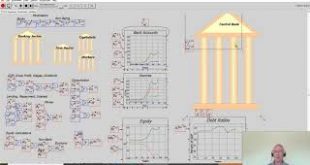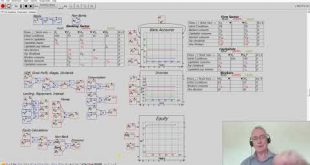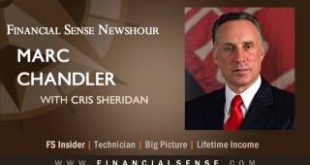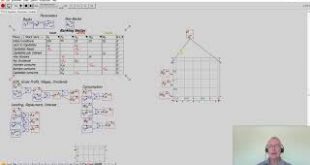Sixth of twelve videos showing the construction of models of the monetary aspects of Modern Monetary Theory in Minsky. Download Minsky from https://sourceforge.net/projects/minsky/files/beta%20builds/ and support Minsky's development at https://www.patreon.com/hpcoder/ for as little as $1 a month
Read More »The Minsky Models of Modern Monetary Theory 05 #TMMOMMT
Fifth of twelve videos showing the construction of models of the monetary aspects of Modern Monetary Theory in Minsky. Download Minsky from https://sourceforge.net/projects/minsky/files/beta%20builds/ and support Minsky's development at https://www.patreon.com/hpcoder/ for as little as $1 a month
Read More »The Minsky Models of Modern Monetary Theory 05 #TMMOMMT
Fifth of twelve videos showing the construction of models of the monetary aspects of Modern Monetary Theory in Minsky. Download Minsky from https://sourceforge.net/projects/minsky/files/beta%20builds/ and support Minsky's development at https://www.patreon.com/hpcoder/ for as little as $1 a month
Read More »The Minsky Models of Modern Monetary Theory 04 #TMMOMMT
Fourth of twelve videos showing the construction of models of the monetary aspects of Modern Monetary Theory in Minsky. Download Minsky from https://sourceforge.net/projects/minsky/files/beta%20builds/ and support Minsky's development at https://www.patreon.com/hpcoder/ for as little as $1 a month
Read More »The Minsky Models of Modern Monetary Theory 04 #TMMOMMT
Fourth of twelve videos showing the construction of models of the monetary aspects of Modern Monetary Theory in Minsky. Download Minsky from https://sourceforge.net/projects/minsky/files/beta%20builds/ and support Minsky's development at https://www.patreon.com/hpcoder/ for as little as $1 a month
Read More »The Minsky Models of Modern Monetary Theory 03 #TMMOMMT
Third of twelve videos showing the construction of models of the monetary aspects of Modern Monetary Theory in Minsky. Download Minsky from https://sourceforge.net/projects/minsky/files/beta%20builds/ and support Minsky's development at https://www.patreon.com/hpcoder/ for as little as $1 a month
Read More »The Minsky Models of Modern Monetary Theory 03 #TMMOMMT
Third of twelve videos showing the construction of models of the monetary aspects of Modern Monetary Theory in Minsky. Download Minsky from https://sourceforge.net/projects/minsky/files/beta%20builds/ and support Minsky's development at https://www.patreon.com/hpcoder/ for as little as $1 a month
Read More »The Minsky Models of Modern Monetary Theory 01 #TMM0MMT
First of twelve videos showing the construction of models of the monetary aspects of Modern Monetary Theory in Minsky. Download Minsky from https://sourceforge.net/projects/minsky/files/beta%20builds/ and support Minsky's development at https://www.patreon.com/hpcoder/ for as little as $1 a month
Read More »The Minsky Models of Modern Monetary Theory 01 #TMM0MMT
First of twelve videos showing the construction of models of the monetary aspects of Modern Monetary Theory in Minsky. Download Minsky from https://sourceforge.net/projects/minsky/files/beta%20builds/ and support Minsky's development at https://www.patreon.com/hpcoder/ for as little as $1 a month
Read More »The Minsky Models of Modern Monetary Theory 02 #TMMOMMT
Second of twelve videos showing the construction of models of the monetary aspects of Modern Monetary Theory in Minsky. Download Minsky from https://sourceforge.net/projects/minsky/files/beta%20builds/ and support Minsky's development at https://www.patreon.com/hpcoder/ for as little as $1 a month
Read More » Steve Keen’s Debt Watch
Steve Keen’s Debt Watch










